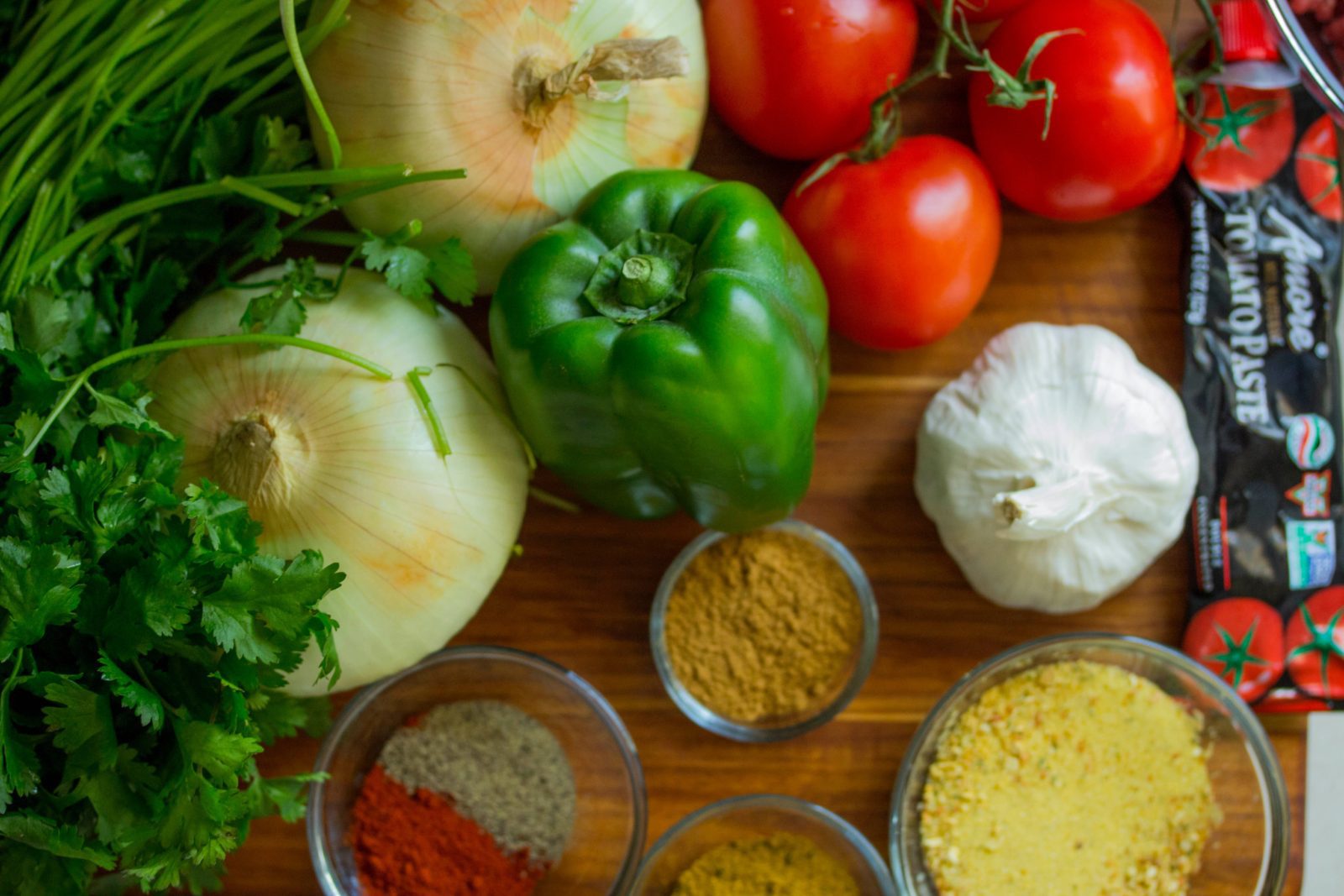Three out of four Czechs are unsatisfied with Czech supermarkets’ food offerings. Their dissatisfaction revolves primarily around the products’ quality, their high prices, or the low stock on the shelves. Two-thirds of Czechs would be willing to pay up to fifty percent more for higher-quality goods.
According to a survey by Ipsos for Meriton, half of the Czechs surveyed were surprised that the food quality in supermarkets did not correspond to its high price. A quarter of them complained about the lack of higher-quality food, while one in six missed a more comprehensive selection of healthy food.
Czechs are becoming more aware of the quality of their food, and 87 percent of people are more interested in food quality than five years ago. However, they often don’t find higher-quality products in supermarkets. Therefore, the popularity of artisanal products or locally grown vegetables is growing. On the one hand, chains pressure producers to lower product prices, effectively forcing them to reduce quality. On the other hand, they try to maximize their margins and push product prices to the brink of affordability.
Nearly 70 percent of people consider the origin of their food imports. When choosing higher-quality and healthier foods, they pay attention primarily to their composition (60 percent), price (45 percent), country of origin (41 percent), or brand (33 percent).
Czechs also read the ingredients of the food they buy in most cases. Only one-third of respondents were not interested in them.
The fact that Czechs read the ingredients more is, unfortunately, since they cannot trust supermarket products. On the other hand, it is good news that they are more concerned about food quality and do not just buy what is currently on sale. Seven out of ten respondents are willing to reach deeper into their wallets for higher-quality food; two-thirds would even pay up to fifty percent more. Five percent would even pay double.





